Olive oil is a cornerstone of Mediterranean cuisine and an essential ingredient in kitchens worldwide.
However, not all olive oils are created equal. Two prominent varieties, extra virgin olive oil, and virgin olive oil, stand out for their unique characteristics.
This article delves into the distinctions between these two olive oil types, shedding light on their quality, flavor, production processes, pricing, and culinary uses.
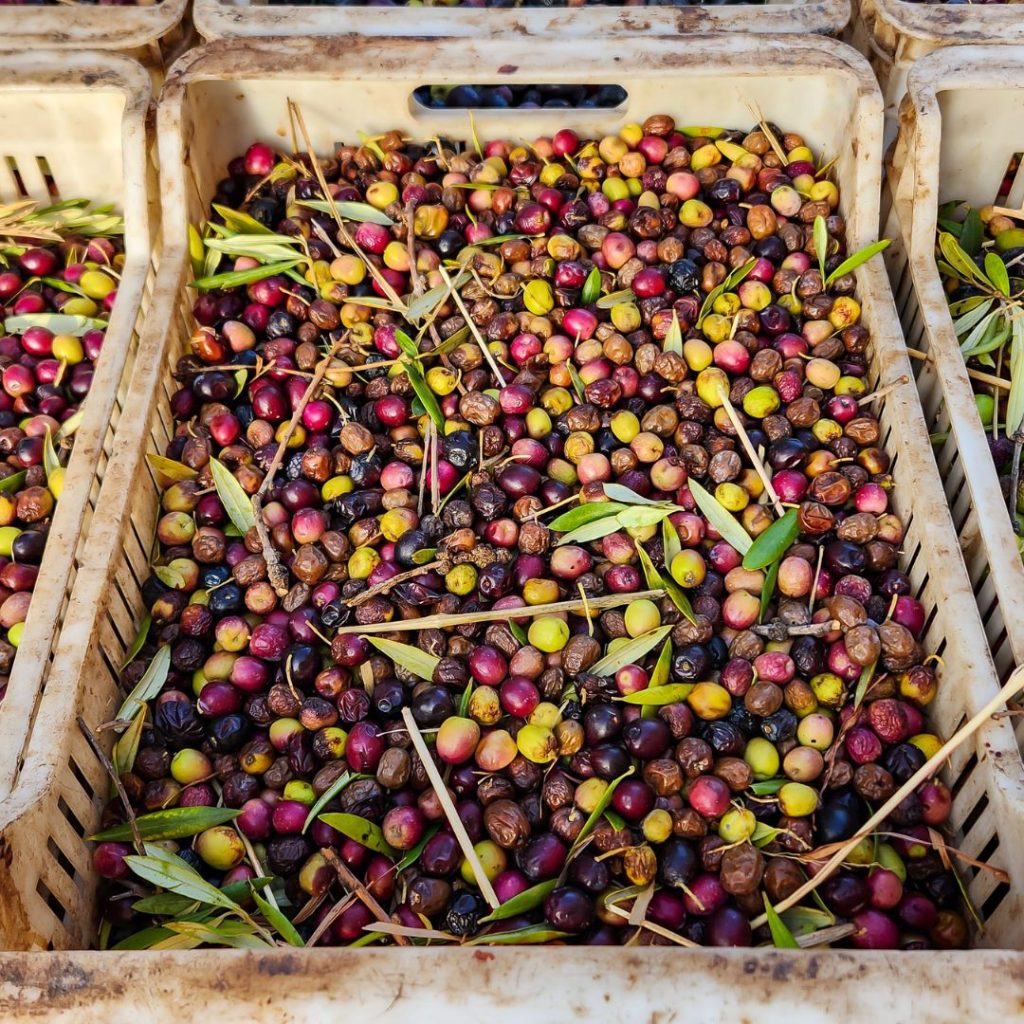
Production Process of Virgin Olive Oil and Extra Virgin Olive Oil
The production process plays a pivotal role in defining the quality of olive oil.
Extra virgin olive oil is derived from the initial cold pressing of olives, a method that does not utilize heat and chemicals.
The olives used in producing extra virgin olive oil are high quality. Manufacturers take great care throughout the production process to preserve the oil’s natural flavors and nutrients.
Virgin olive oil is made similarly but with lower-quality olives. This makes the oil a bit less good in quality.
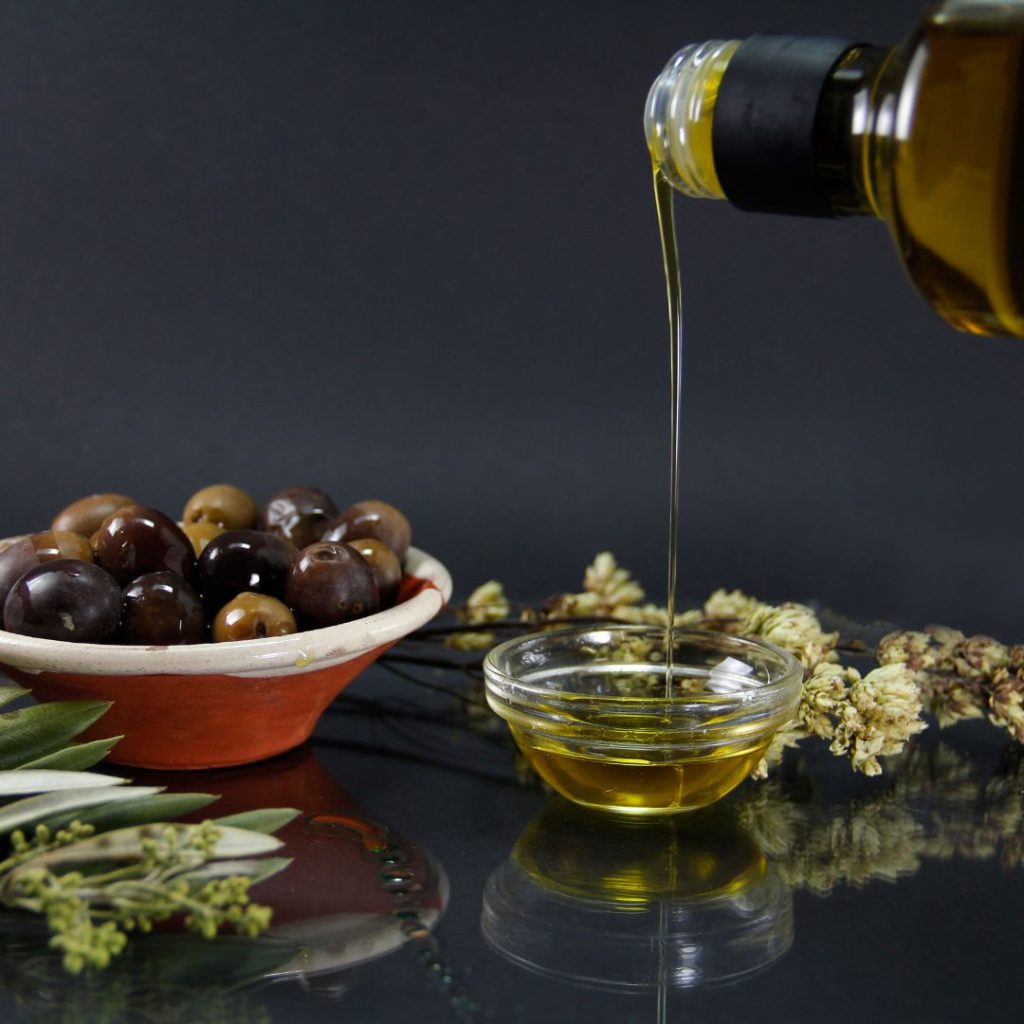
Flavor Profiles and Aromas
Olive oils are known for their wide-ranging taste and aroma profiles, which can vary significantly.
Extra virgin olive oil stands out with its robust and fruity flavor, accompanied by a distinctive aroma that captures the essence of freshly pressed olives.
It is also common to encounter delightful notes of pepper and a trace of subtle bitterness in extra virgin olive oil.
These are characteristics highly coveted by chefs and home cooks in various culinary applications.
Virgin olive oil tends to present a milder taste when compared to its extra-virgin counterpart.
Your choice between the two largely hinges on your personal preference for flavor intensity, allowing you to tailor your olive oil selection to suit your culinary needs and tastes.
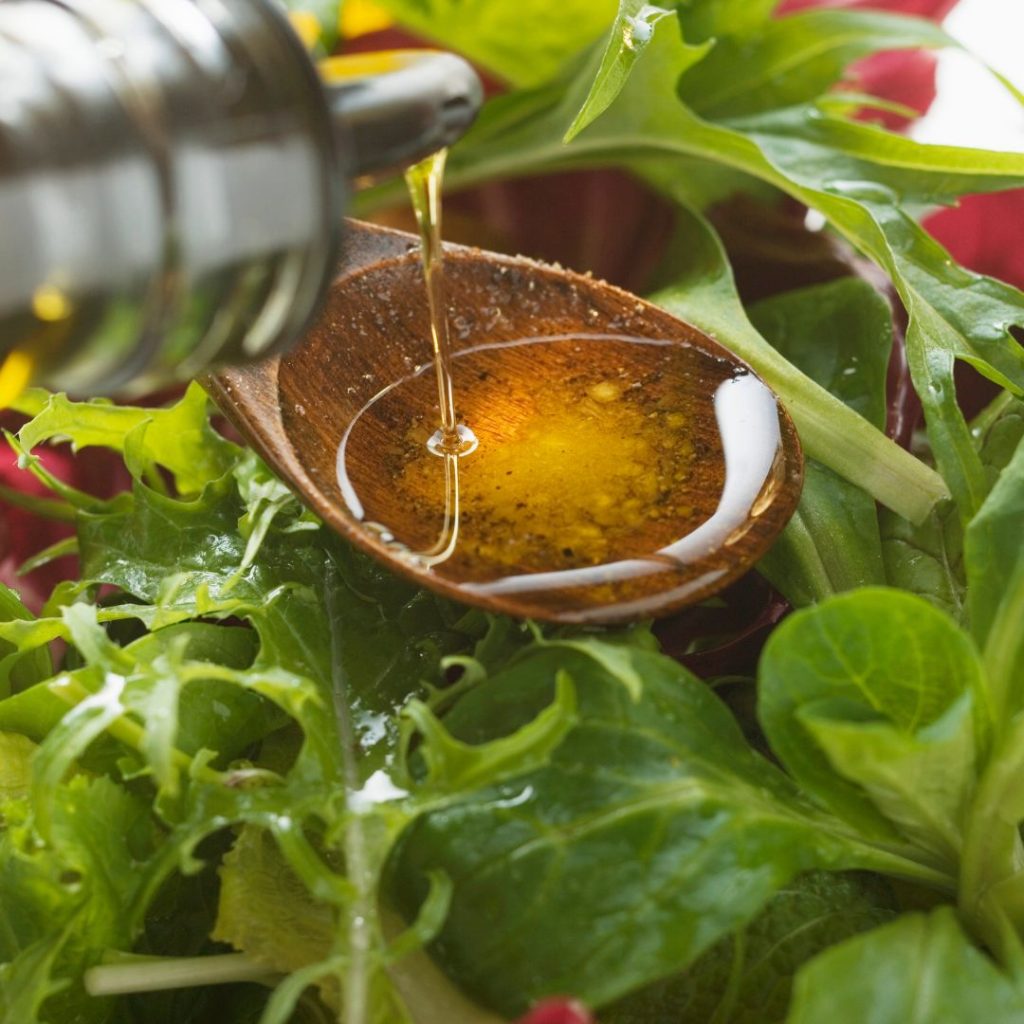
Best Uses in Cooking and Food Pairings
In the kitchen, both types of olive oil have their roles.
There are many ways to incorporate the two olive oils into your cooking, from drizzling it over salads to using it as a base for marinades and dressings.
Extra virgin olive oil is the highest quality and most flavorful option, perfect for dipping bread or adding a finishing touch to your dishes. Its flavor can enhance a variety of culinary creations.
Extra virgin olive oil also has a low acidity level and is made from pure, cold-pressed olives.
Compared to its extra virgin counterpart, virgin olive oil has a slightly higher acidity level and is perfect for sautéing or roasting vegetables.
It still carries a distinct flavor but is more known for its versatility in higher-heat cooking.
Depending on your taste preference and culinary endeavors, incorporating either of these two olive oils into your cooking can elevate your dishes to the next level.

Price Considerations
Given its top-notch quality, extra virgin olive oil generally commands a higher price than virgin olive oil.
The more stringent production standards, the careful handling of olives, and the lower acidity levels contribute to its elevated cost.
For consumers, the choice between the two often comes down to their budget and the specific culinary application.
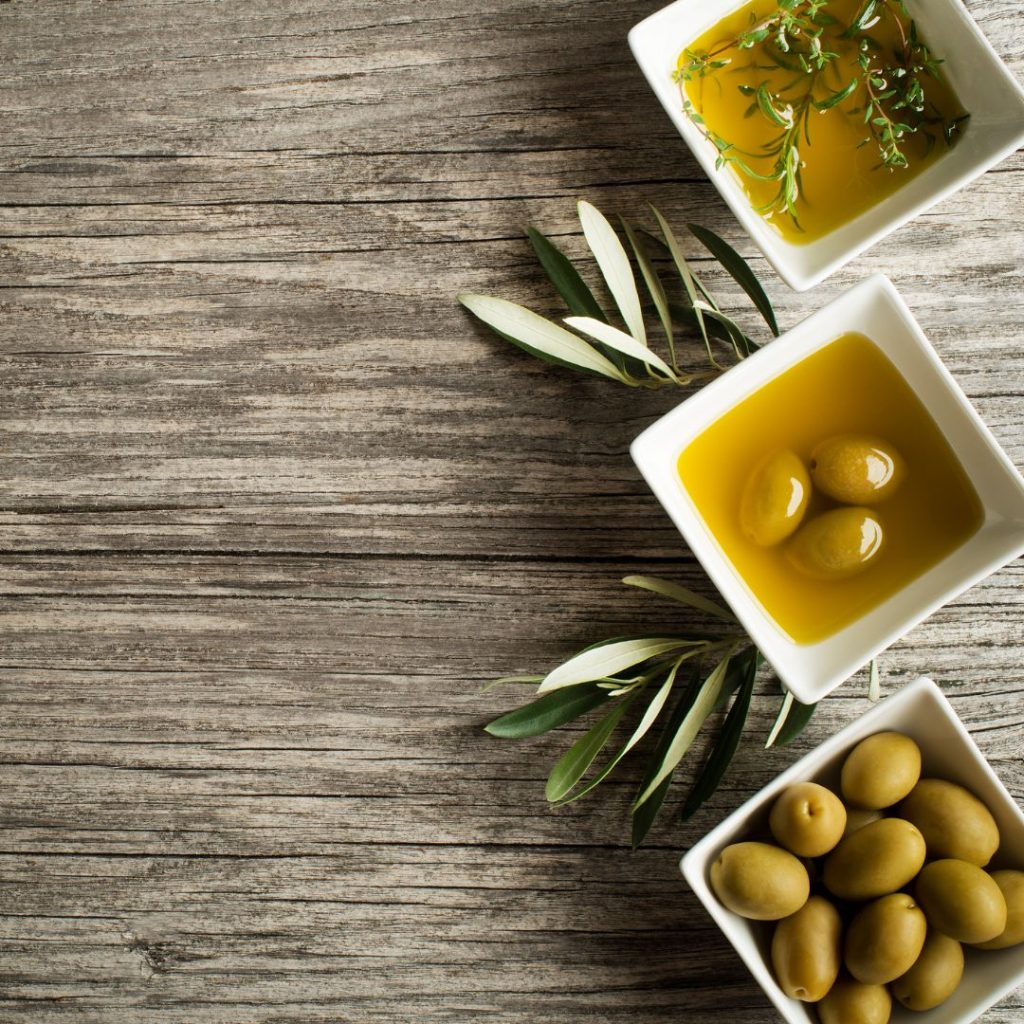
Which should you buy?
In the realm of olive oils, extra virgin olive oil and virgin olive oil are distinguished by their quality, taste, production methods, pricing, and culinary uses.
Extra virgin olive oil, with its exceptional flavor profile and stringent production standards, takes the top spot as the highest-quality olive oil.
Virgin olive oil, while of good quality, offers a milder taste and is a versatile choice for various cooking applications.
Your choice between the two ultimately depends on your culinary needs, budget, and preferences, as both have their unique merits in the kitchen.
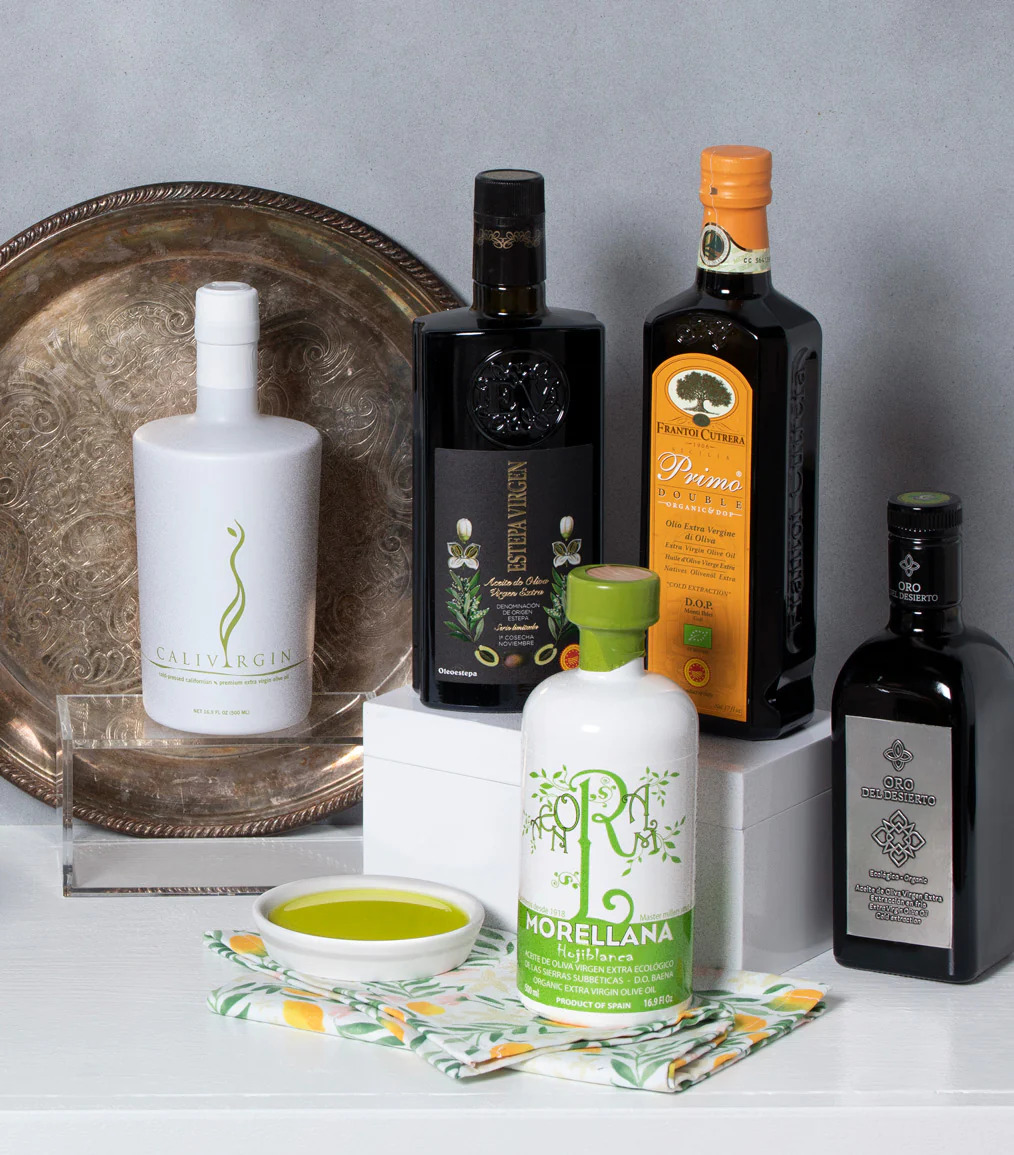 Shop Top-grade Extra Virgin Olive Oils From Olive Oil Lovers
Shop Top-grade Extra Virgin Olive Oils From Olive Oil Lovers Craving the convenience of having organic extra virgin olive oil delivered straight to your doorstep? Olive Oil Lovers has got you covered!
Olive Oil Lovers dedicates their business to providing you with the absolute finest extra virgin olive oil. They carefully select and handpick each bottle, ensuring you receive only the highest quality products. They believe in the exceptional taste and health benefits of top-notch olive oil, and their commitment is to share that love and quality with you.
Click the link below, and you can order your bottle of this premium olive oil right now. It's a flavorful addition to your kitchen that you won't want to miss out on!


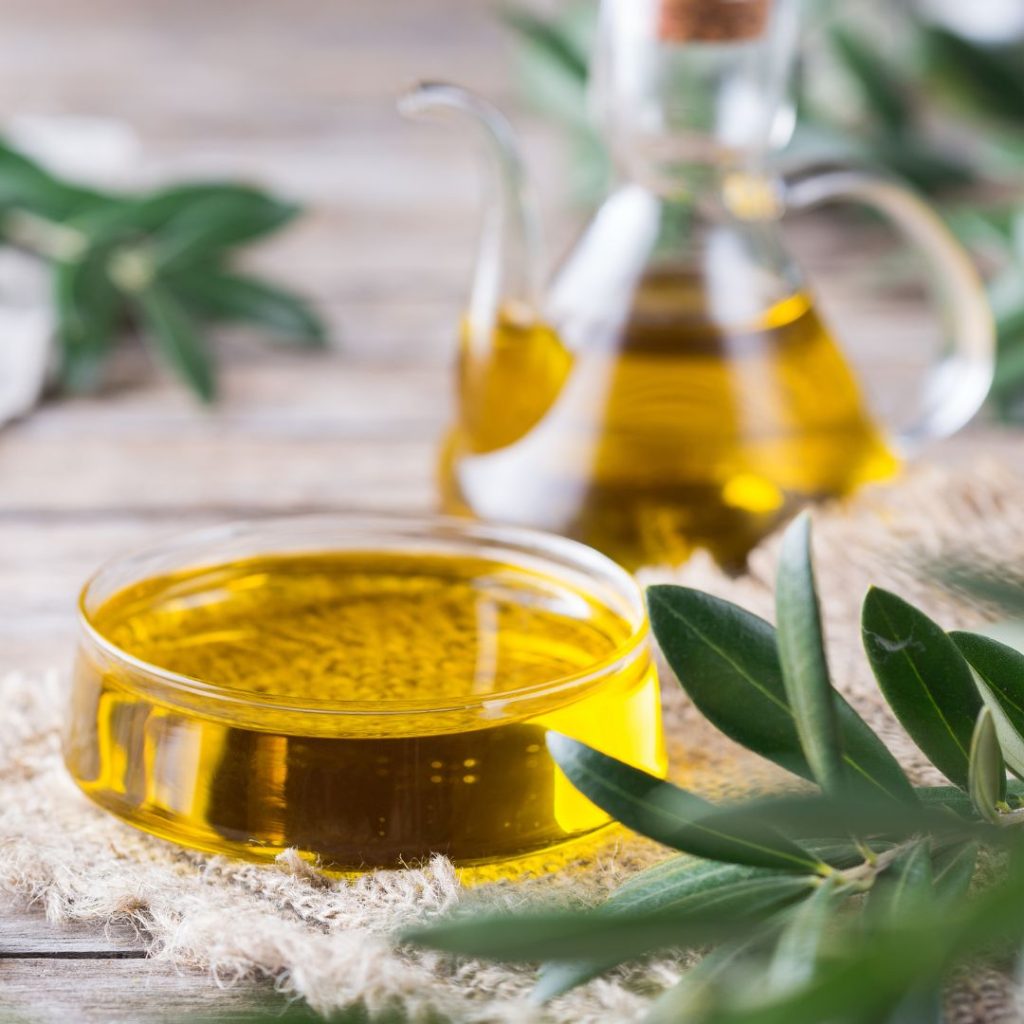


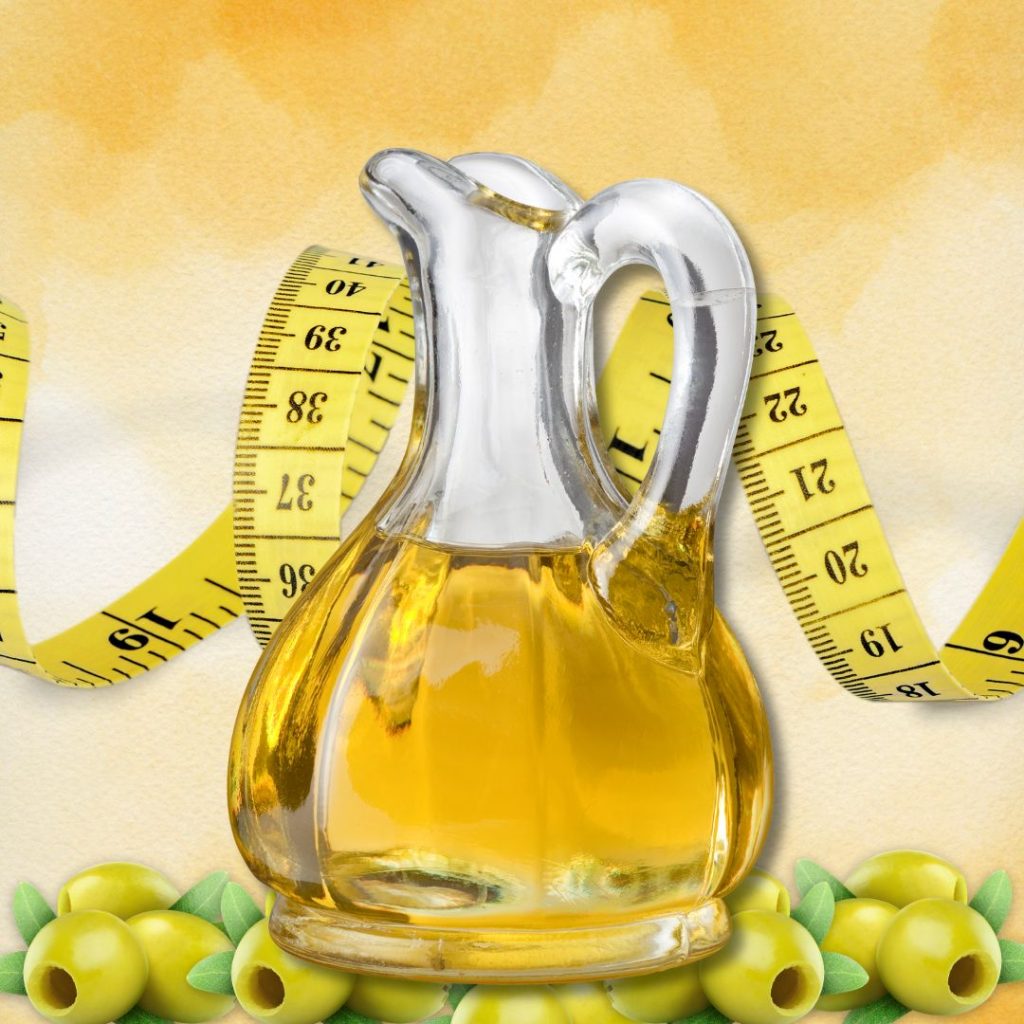
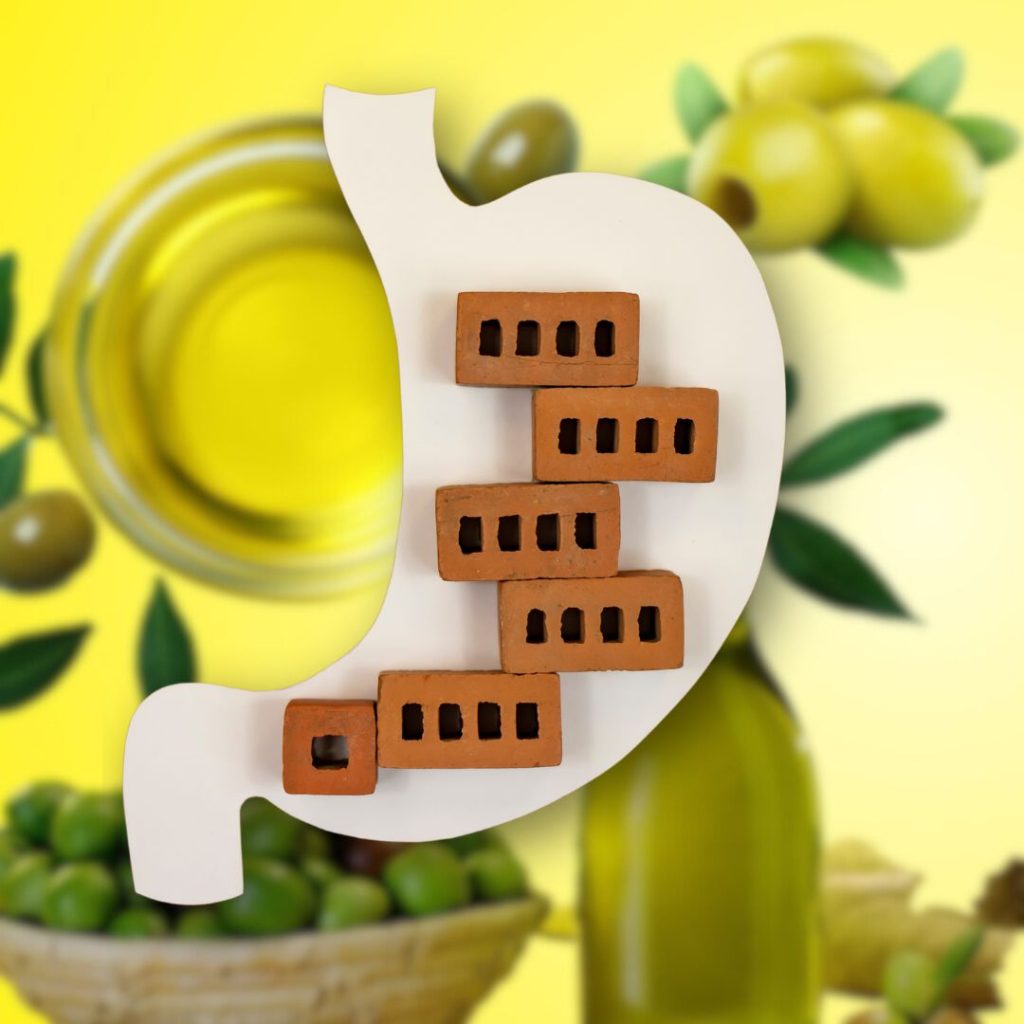
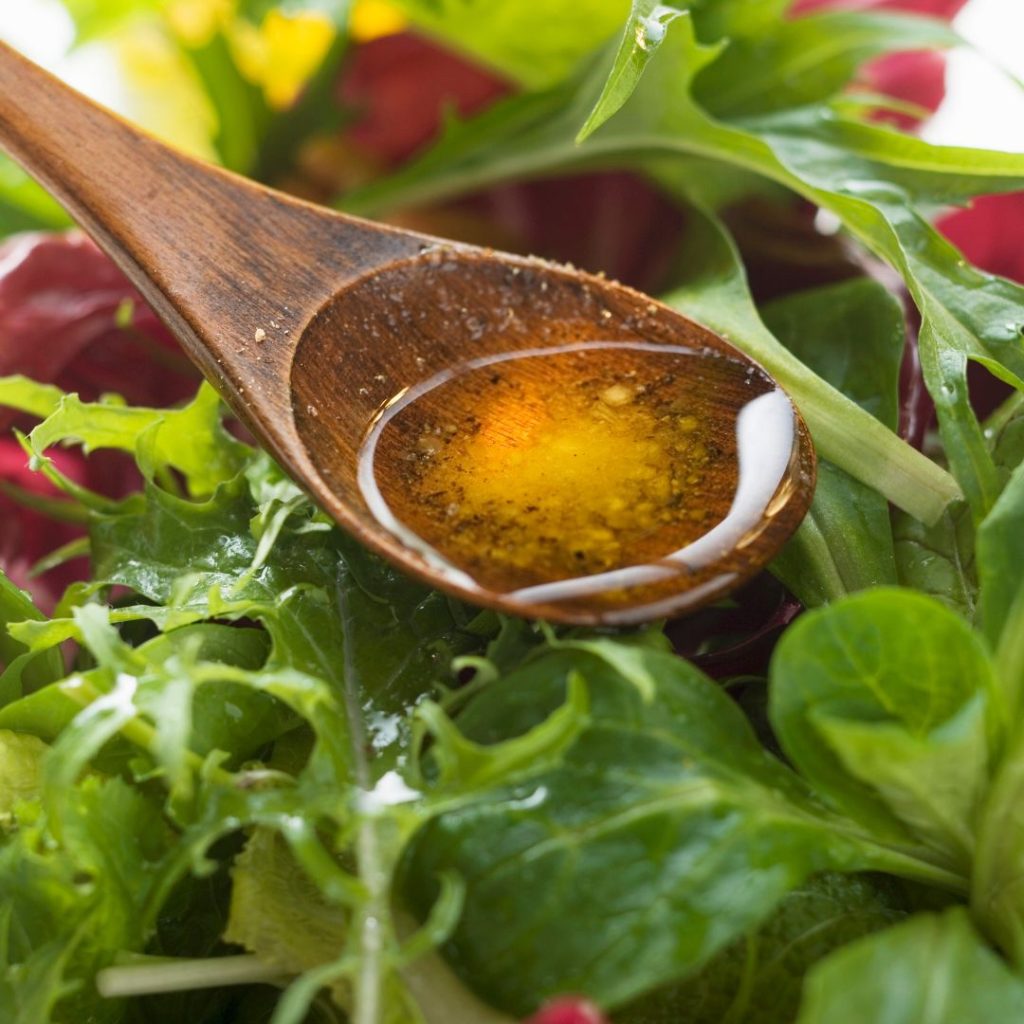
Konnichiwa! (Hello!) I'm Pat Tokuyama, a Japanese tofu cookbook author, who travels for music, food, and adventure. If you like Japanese tea, checkout some of the newestorganic japanese tea, matcha bowls and noren and more!
** Curious about the Plant Based Japanese Cooking Club? ** Learn more here!